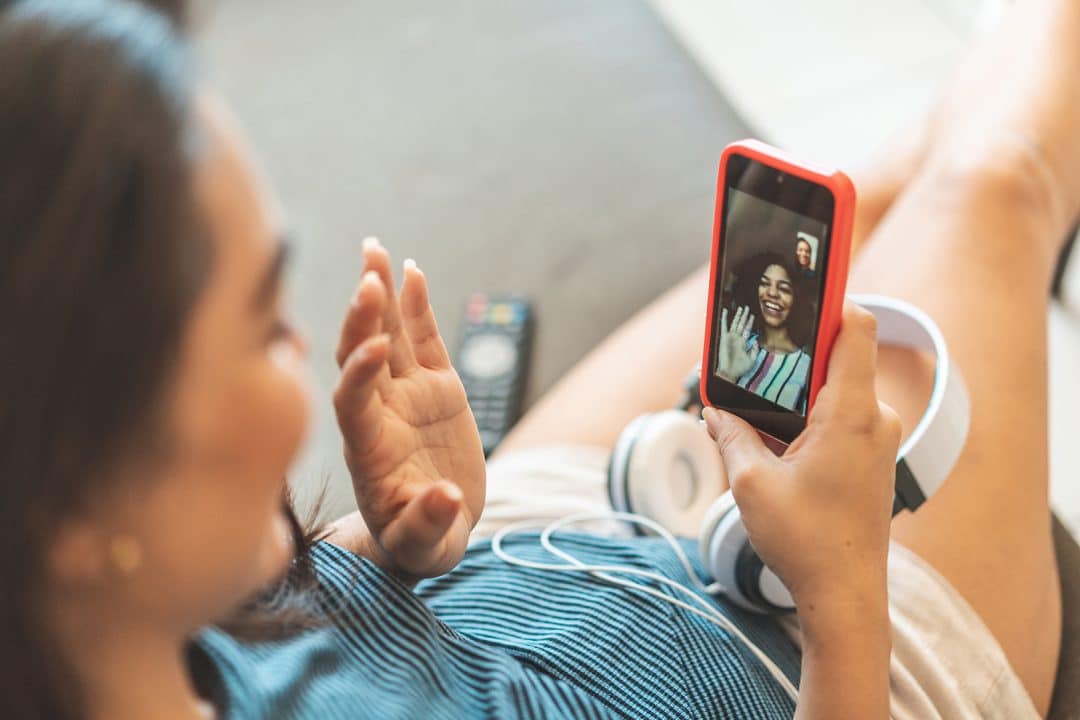Good news or bad, we like to experience it with a friend
Less so when it’s really bad news.

John I. Williams, Jr. Assistant Professor Yanping Tu.
When it comes to life events — good and bad — people choose to experience them at the same time as a friend as a means of deepening social connection, according to a paper forthcoming in Social Psychological and Personality Science.
But, apparently, misery doesn’t always like company. In five lab experiments that involved more than 2,500 participants, UCLA Anderson’s Franklin Shaddy, Warrington’s Yanping Tu and University of Chicago’s Ayelet Fishbach found that people preferred to integrate experiences with others in all but extreme negative situations.
A basic scene-setting experiment offered 100 UCLA students the prospect of getting a fun video message from the head coach of the university’s men’s basketball team. The participants could also sign up a friend to receive the same, and the participant could choose if the friend got the message on the same day or on a different day. Nearly 90% of participants opted for the friend to get the message simultaneously.
Another series of experiments presented two-part scenarios to participants including:
—“You win $50 in an office lottery” and “You win $100 in an office lottery.”
—“You receive a letter from the federal income tax authority saying that due to an arithmetical mistake $200 must be paid” and “You receive a letter from the state income tax authority saying that due to an arithmetical mistake $100 must be paid.”
—“You lose a nonrefundable airline ticket worth $500” and “You accidentally damage your smartphone. The repairs will cost $400.”
Some participants were asked if they preferred to deal with both bits of news on the same day or different days. The other participants were told they were the recipient of just one of the paired pieces of news and a friend was the recipient of the other. Those participants were then asked if they wanted to experience the events on the same day as the friend or on separate days.
Participants who were focused solely on their own experience were on average indifferent about whether things occurred on the same day or separate days. But about two-thirds of participants tasked with contemplating a friend being in the mix said they would be happier if they experienced things on the same day; that preference was consistent whether it was good news or bad.
To further identify the role social connectedness has in pushing people to seek out a shared experience, a related experiment asked some participants to weigh in on the same day/different day choice when the other person was someone they disliked. Across five different scenarios, the same day option was chosen, on average, only 26% of the time when the other person was disliked. When the other person was liked, the same-day option was chosen an average of 68% of the time.
In another experiment, the researchers asked participants to weigh in on the same day/different day choice based on the size of an investment loss. When the loss was $10, 77% of participants were still on board with experiencing that the same day as a friend. When the loss widened to $100, same day was chosen by 64% of the participants. Once the loss hit $1,000 or more, same day was preferred by just 40% or so of participants. These findings suggest that when the magnitude of a negative event deepens, enthusiasm for shared connectedness dissipates.




